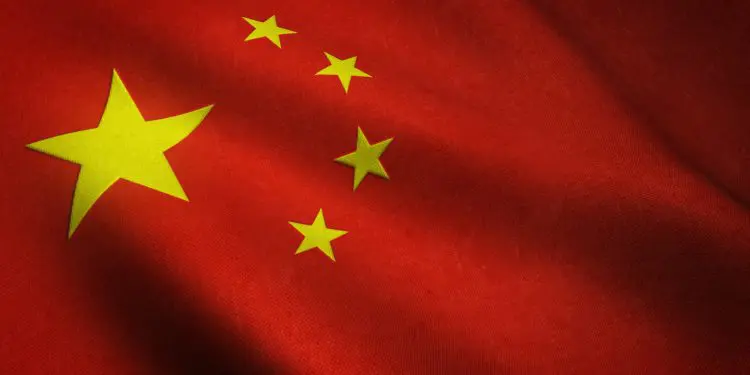The Chinese government is continuing its efforts to control and standardize the country’s sizable bank wealth management sector, aiming to curb financial risk for investors—and keep their money within China. The banking regulator has given small banks a 2026 deadline to stop selling wealth management products unless they establish a separate wealth subsidiary to handle these transactions.
A 2018 regulation required banks to set up a wealth management subsidiary, but regulators did not provide a timeline for compliance. By standardizing Chinese banks’ wealth management businesses, regulators hope to attract more investment domestically.
The wealth management market in China is substantial and growing. According to a 2023 study from PwC, China has 2.62 million individuals with investable assets of more than 10 million remnibi, about $1.5 million U.S. dollars. China’s gross national savings as a percentage of GDP is at 45%, compared to 26% in the EU and 18% in the U.S. The Chinese government aims to ensure that these savings remain within the country.
But there’s a caveat: many wealthy individuals are leaving China. In fact, China is expected to see an outflow of 128,000 millionaires in 2024, according to the Henley Private Wealth Migration Report. The report indicates that concerns over economic trajectory and geopolitical tensions are the primary reasons for this exodus.
Stabilizing Investment Opportunities
Keeping wealth management funds at home is a key goal for China’s government, especially now that the real estate market has become riskier for investors. “Many developers have become non-viable but have avoided bankruptcy thanks in part to rules that allow lenders to delay recognizing their bad loans, which has helped mute spillovers to real estate prices and bank balance sheets,” the IMF noted in its February 2024 report China’s Real Estate Sector: Managing the Medium-Term Slowdown.
The decisions surrounding wealth management can be seen in the context of reducing the risks associated with domestic investments.
“China’s move toward a greater separation of banks and wealth management makes sense in the context of curtailing systemic risk,” said Greg O’Gara, Lead Analyst, Wealth Management at Javelin Strategy & Research. “The separation of these businesses would allow for greater regulatory oversight and lessen the possibility of risky financial products being widely disseminated to institutions and retail investors.
“Economic pressure to address gaps in the banking system, such as we’ve seen in real estate, has inevitably cast an eye on the wealth management sector,” he said. “This is a likely catalyst for greater concern in the Chinese financial sector and adds to the mandate of greater regulatory scrutiny.”

